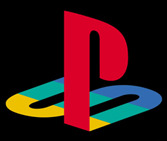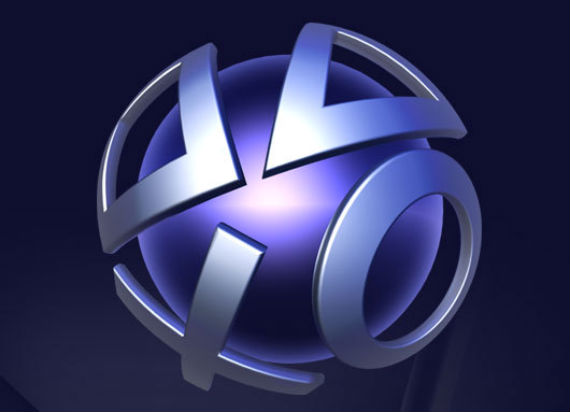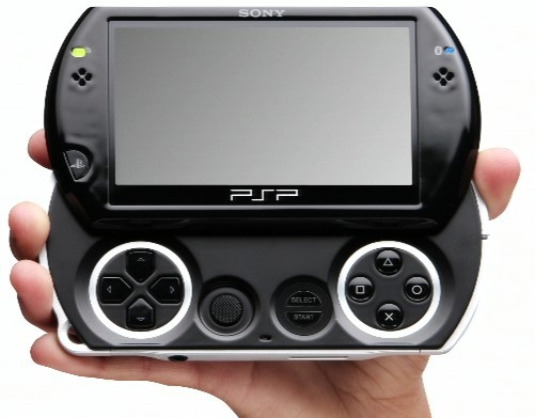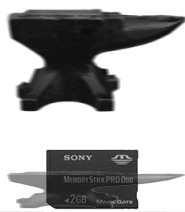 Sony’s got big plans for the Playstation brand, reports the Wall Street Journal, whose anonymous sources say a phone and tablet that run Playstation games are in development.
Sony’s got big plans for the Playstation brand, reports the Wall Street Journal, whose anonymous sources say a phone and tablet that run Playstation games are in development.
The prevailing thought is that these devices will compete with Apple’s iPhone and iPad, but that seems too obvious. All high-end smartphones and tablets are competing with the iPhone and iPad to some extent. The main target here is Microsoft and the Xbox brand, or at least it should be.
When Microsoft announced Windows Phone 7 Series, the gamer in me loved hearing that Xbox Live would play a role. We’re short on details, but Microsoft has at least confirmed that its WinPho7 phones will play some Xbox Live games. Depending on how Microsoft plays it, this could be the company’s first major foray into portable video games.
Meanwhile, Sony has repeatedly insisted that Apple isn’t a gaming competitor, as if iPhones exist in some bizarro market that isn’t stealing Sony’s business. It’s a hollow argument, but one that I’ve already refuted to death. If I was a Sony executive, I’d at least be worried about Microsoft.
To put all this another way, there’s a good chance the console wars will spill over to mobile phones, and that’s a good thing for gamers. It’s about time Sony’s gaming division and Sony Ericsson stopped pretending the other one exists (I know, the Sony Ericsson Aino has PS3 remote play, but not for games).
Just one question: If Sony’s planning on bringing Playstation games to a tablet and smartphone, what does that mean for sweet, sweet buttons?





 In the great scheme of this, this is minor CES news indeed, but I kinda like it: Sony is releasing a line of
In the great scheme of this, this is minor CES news indeed, but I kinda like it: Sony is releasing a line of 